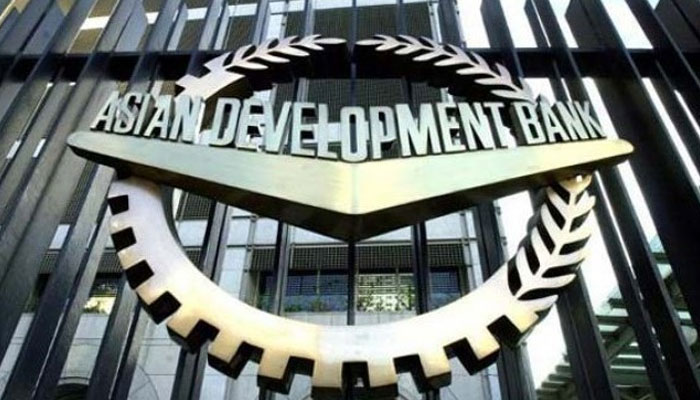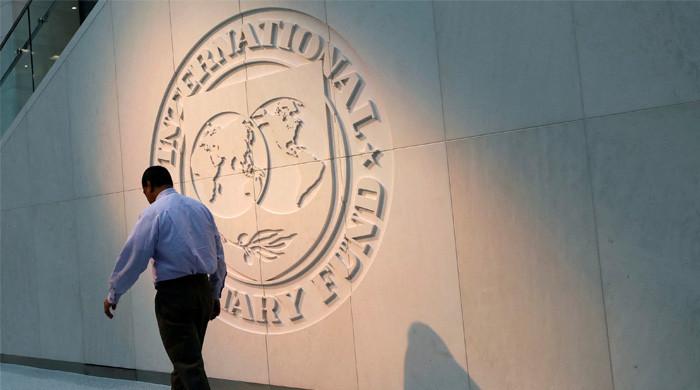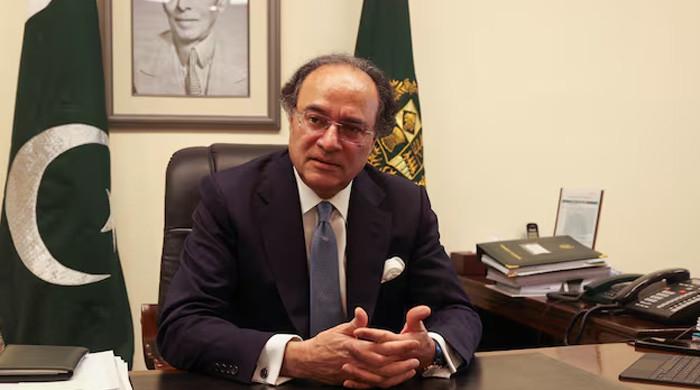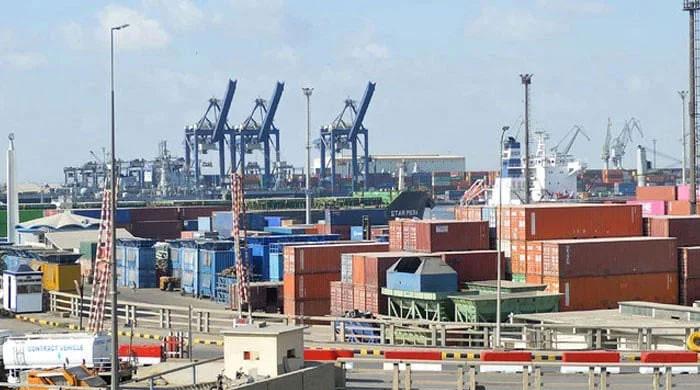ADB endorses new five-year partnership strategy of approx $10b for Pakistan
Asian Development Bank has approved the loan to help restore Pakistan's struggling economy amid coronavirus pandemic
January 28, 2021

- ADB approves $10 billion five-year loan programme for Pakistan
- This announcement came a day after World Bank’s assurance to support Pakistan’s priority development objectives under an estimated $12b loan programme starting next fiscal year
- ADB didn’t mention the size of the new loan, but it was estimated at approximately $10 billion before the coronavirus pandemic
ISLAMABAD: The Asian Development Bank has approved a $10 billion loan programme of five years for Pakistan to help expand economic opportunities in the country.
The Manila-based lender said it endorsed a new five-year country partnership strategy (CPS) to help restore economic stability and growth in Pakistan, enhance people’s wellbeing, create jobs, and expand economic opportunities as the country works to overcome the coronavirus pandemic, The News reported Thursday.
This announcement came a day after the World Bank’s assurance about support to Pakistan’s priority development objectives under an estimated $12 billion loan programme starting next fiscal year. The framework is nearing the completion stage and expected to have final approval by May or June.
Read more: Pakistan plans to revive stalled IMF loan programme by increasing its power tariff
ADB didn’t mention the size of the new loan, but it was estimated at approximately $10 billion before the coronavirus pandemic. The new programme, which was previously propounded for 2020-24, was on hold during the last year of uncertainty amid the global economic slump.
What is the loan for?
ADB has committed $1.48 billion per annum for coronavirus vaccines and other purposes, the publication quoted sources as saying.
The pandemic has interrupted macroeconomic recovery in Pakistan, resulting in a sharp contraction in growth, a rise in public expenditures, and a loosening of monetary policy to mitigate the health and economic impacts, according to ADB.
Read more: ADB sees economic recovery in Pakistan
“The government has expressed its strong commitment to the ongoing International Monetary Fund extended fund facility program,” ADB Country Director for Pakistan Xiaohong Yang was quoted in a statement as saying. “The CPS places a strong focus on combining reforms with physical and social investments to improve sustainability and generate lasting development impact.”
The growing foreign loans can only be termed fruitful when they are funneled toward the productive avenues and lead to benefits for the masses, said an unnamed analyst.
Historically, foreign funds have been misspent in non-development expenditures and subsequently the financial support ended up in burdening the external account sector, according to analysts.











